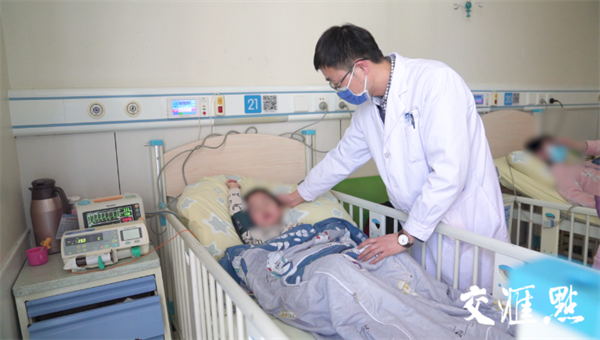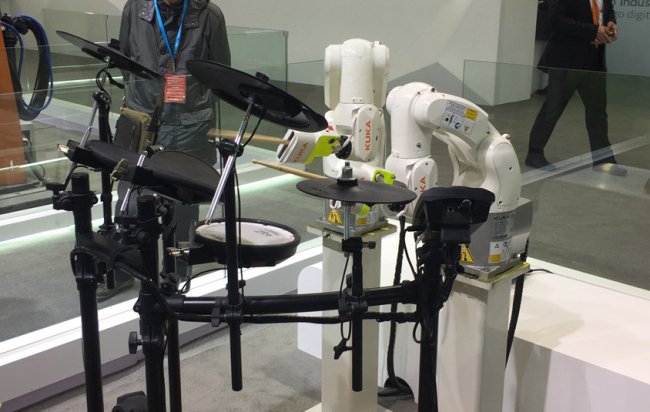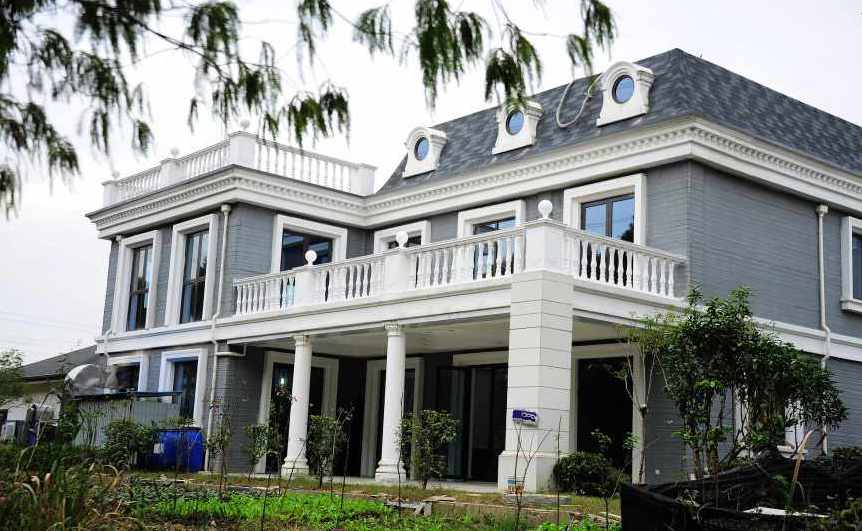
East China’s Jiangsu Province launched a special fund for patients with rare diseases on February 26, ahead of the Rare Disease Day, observed every year on February 28 (or February 29 in leap years).
Nationally, seven rare-disease drugs were added to the medicare reimbursement list that took effect on January 1. This new fund in Jiangsu will give priority to those still facing financial pressure after benefiting from the support policy.
An enzyme replacement therapy, given by intravenous injection, is thought to be an effective treatment to patients with Fabry disease, who don’t have the enzymes that break down lipids or fats and thus face increased risks of heart attack, stroke and kidney failure. The medical insurance policy means a patient’s annual cost can drop from one million yuan to less than 100,000 yuan.
Zhang Xiaoliang, chief physician of the Department of Nephrology at Zhongda Hospital Southeast University, said the department has found more than ten Fabry cases and is treating about 8 patients, who have reported clear progress, and their families also feel more hopeful about the future.
Zhang Aihua, vice president of Nanjing Children's Hospital, said it takes an average of seven years for a rare disease to be diagnosed, and only about 5-10% of patients have medication available. The favorable medical insurance policy at the national and provincial level helps cut the cost, but an early diagnosis is still the prerequisite for treatment, according to Zhang.
Thanks to the increased support measures for patients, Zhang said the cost for treatment can be reduced from hundreds of thousands of yuan to less than 50,000 yuan.
He also said about 80% of rare diseases are genetic in origin and therefore it’s important to follow the tertiary prevention approach and know the family health history. The department has developed a rare disease risk profiling system that helps doctors to identify the symptoms and make an early diagnosis.
Contact us at english@jschina.com.cn




















